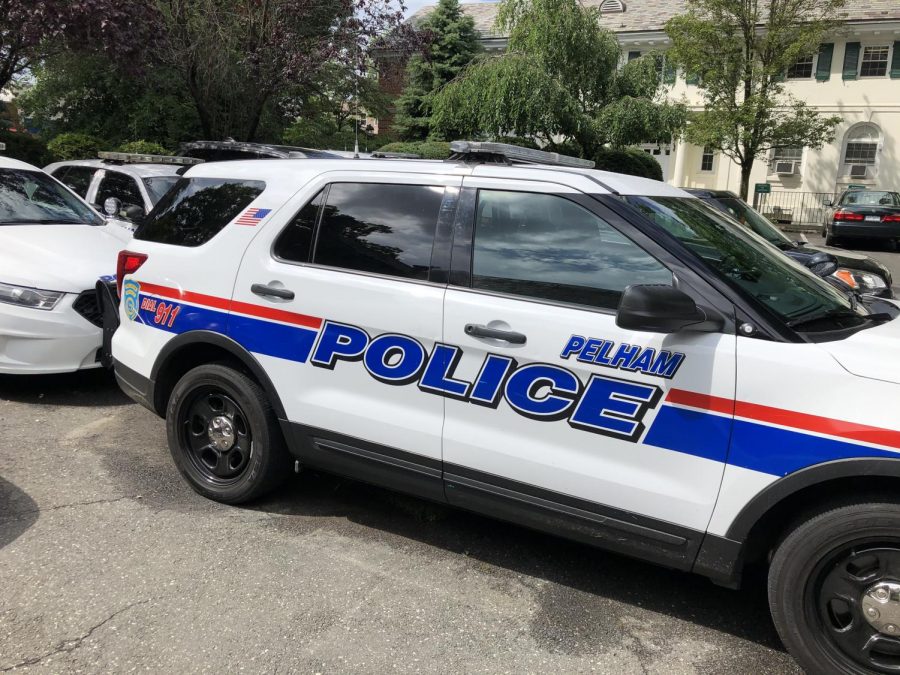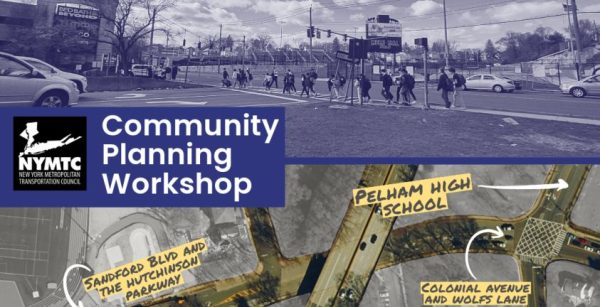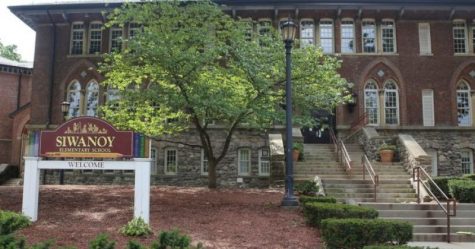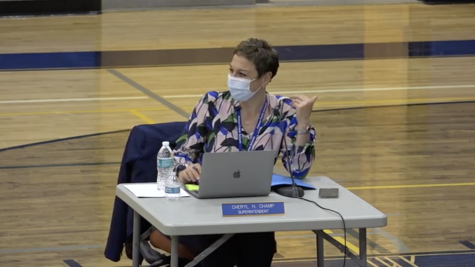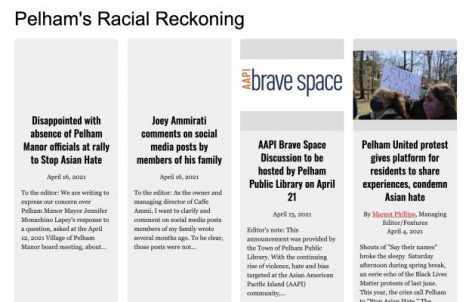For transparency, Pelham mayor lists police steering panel’s agenda, asks residents for topics
Editor’s note: This letter was provided by Village of Pelham Mayor Chance Mullen.
Dear neighbors,
Earlier this summer, I announced the formation of the Village’s Steering Committee on Policing and Inclusion, in response to Governor Cuomo’s Executive Order requiring all New York State Municipalities to review internal police department policies and develop an action plan to ensure equitable treatment of all residents. Our committee includes six residents – Krystal Howell, Okey Obudulu, Teisa Salmon, Ella Stern, Veronica Stern, and Jeff Watkins – who are working alongside me, Village Administrator Small, Police Chief Pallett, and Trustee Spira-Cohen to conduct the first phase of the Village’s review, centering the private experiences of some of our BIPOC (Black, Indigenous, people of color) neighbors to conduct a desk review of the ways we operate in the Village. We hope to deliver a set of recommendations to the Board of Trustees later this fall which will be shared with the public for feedback and additional input. This will provide a foundation for the second phase, wherein the Board of Trustees will develop the Village’s action plan in public session, which must be ratified by April 2021.
In the interest of transparency, the agenda below represents the roadmap we are following for this first phase. As you will see, it is ambitious. We’ve already met five times in the last six weeks, and we intend to review hundreds of pages of written policies, reports and training materials so that by the time the Board of Trustees begins its action planning process, it can be done efficiently and with confidence that no stone was left unturned. Our goal is to identify areas that need reform, potential policy changes to ensure residents are treated fairly, areas that are strong and deserve recognition, and ways to foster continuing dialogue among residents to strengthen the bonds between all those who live and work in the Village. We do this work in a spirit of collaboration with, and appreciation for, the police officers who serve our community each day, many of whom are also residents.
Since our broader goal is to address areas that may play a role in systemic racism, it’s important to clarify what we’re talking about. Systemic racism – as opposed to individual acts of racism – is a way to describe the impact that may be experienced disproportionately along racial lines as a result of the ways we operate (the way our “systems” work)—even if all the people within that system are acting with good intentions.
For example: some people of color in our community have recently shared stories of being reported to the police as a “suspicious person” by their neighbors while doing little more than taking a walk late in the evening or picking up mail for a friend who is out of town. Our officers are required to respond to all 911 calls and a report like this has the potential to create an encounter for a person of color that their white neighbors will likely never experience. Even if the incident ends peacefully, and even if everyone involved was trying to act with good intentions, situations like these create real impact and can change the way some of our neighbors experience living in Pelham. This is just one of the topics we will discuss, and in this case, our review will cover both the behavior expected of individual police officers when responding to such calls to mitigate the impact experienced, as well as potential ways we can influence local culture so that these instances happen less frequently.
We anticipate this journey will not solely be a process of “change,” as much as it will be a process of “alignment.” We seek to align our systems and culture with the values we hold dear—equity, inclusion, respect for one another, and the belief that Pelham is at its best when neighbors support each other to create a tight-knit, welcoming community for all. Please review our planned agenda and if you have other topics you would like us to review, please reach out to me at [email protected]. Thank you.
Steering Committee on Policing and Inclusion – Phase 1 Agenda
Overview of Governance Structure
Responsibilities of County/Town/School/Village
Board of Trustees (management structure)
Village budget & process
Village Board accountability/transparency
Overview of Police Department Activity and Structure
Annual PD Activity Report (2019)
Budget (line-by-line)
Rationale for Headcount / Scheduling practices
Current demographics of PD
Civil Service (Hiring Practices)
Police Department Operating Policies & Practices
Rules & Regulations
Village Employee Handbook
Training Requirements (Academy & Ongoing)
Misconduct Reporting & Investigation Process
State Reporting Requirements
Collection & Reporting of Demographics Data
Response Protocols (ie, how many people show up for different types of calls)
911 Calls (response expectations, demographic information, etc.)
Code of Ethics / Conflicts of Interest
Tenets of Community Policing (CPOP)
Schools / PD relationship (will be joined by School District representative)
Building PD relationships with students
Residency requirements and investigations
Additional Topics focused on creating a Just and Inclusive Culture
Public Art (policy TBD by VOP Board)
Public Acknowledgement (Memorials/Street Naming/etc.)
Fair Housing support (renter/landlord oversight, etc.)
Ensuring representation on advisory boards
Ensuring lessons learned can be shared with other jurisdictions (County/Town/School/Manor)



